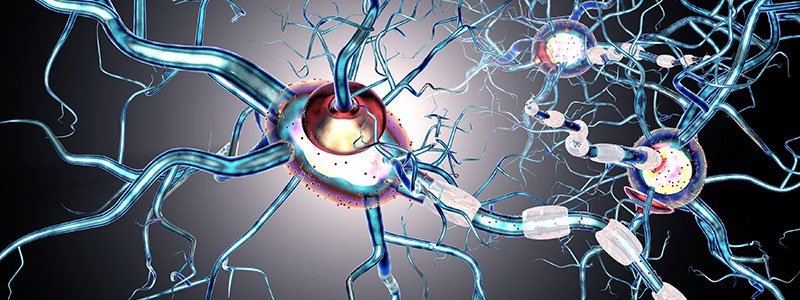Multiple Sclerosis (MS) Quiz: Test Your Medical IQ (answer)
Answers FAQ
Multiple Sclerosis (MS) FAQs
Test your Knowledge!
- What kind of disease is multiple sclerosis?
- What does the body's nervous system control?
- What is myelin?
- Imbalance is a common symptom of MS. True or false?
- Do people die from MS?
- What is the meaning of the term "multiple sclerosis?"
- Multiple sclerosis is only seen in adults. True or false?
- The clear cause of MS remains unknown, though what may be important factors?
- Are there treatments available for MS? Yes or no?
- Improve your Health I.Q. on Multiple Sclerosis (MS)
- Multiple Sclerosis (MS) Related Slideshows
- Multiple Sclerosis (MS) Related Image Collections

Q:What kind of disease is multiple sclerosis?
A:Multiple sclerosis is an autoimmune condition.
These conditions involve a misdirected attack of the immune system against the body's own tissues.

Q:What does the body's nervous system control?
A:The nervous system controls the processing of sensory information, reflex reactions, voluntary movement, thought and reason, and functional body mechanisms such as breathing, circulation, digestion, and heartbeat. All the nerve cells in the body together comprise the nervous system.

Q:What is myelin?
A:Myelin is a coating that surrounds nerves that facilitate the passage of nerve signals.
This coating is often referred to as the myelin sheath. In MS, the body's immune system mistakenly attacks the myelin sheath, interrupting the normal transmission of signals within the nervous system. This depletion of myelin is called demyelination.

Q:Imbalance is a common symptom of MS. True or false?
A:True.
Imbalance is a common symptom of MS and results from damage to the nerves that control movement. Problems with coordination, gait disturbances, and difficulty standing are other possible symptoms that may occur. As the disease progresses, symptoms of MS can affect many systems and cause impairments in vision, memory, speech, and writing.

Q:Do people die from MS?
A:No.
While MS is typically not a lethal disease, it can be disabling. Some research indicates that people with MS live slightly less long than those without the condition, possibly due to disease complications or other medical problems. The life expectancy for those suffering from MS has increased over time as newer treatments have been developed.

Q:What is the meaning of the term "multiple sclerosis?"
A:The best direct translation of "multiple sclerosis" is "many locations of scar tissue."
The term "sclerosis" refers to the process of scar formation. The multiple areas in the central nervous system affected by MS are termed plaques. These are areas of scar tissue that form when myelin is destroyed.

Q:Multiple sclerosis is only seen in adults. True or false?
A:False.
In most cases, the earliest symptoms of MS arise in young to middle adulthood. Rarely, however, children can develop a variant of MS known as Schilder's disease. Like MS, Schilder's disease is characterized by depletion of myelin and progressively worsening neurologic symptoms that can include tremors, instability, incontinence, and dementia.

Q:The clear cause of MS remains unknown, though what may be important factors?
A:While it is understood that MS results from autoimmune damage to myelin, the exact reasons why this damage occurs and why the immune system targets myelin are poorly understood. Both genetic and environmental factors may play a role in its development.

Q:Are there treatments available for MS? Yes or no?
A:Yes.
There is no cure for MS but there are a multitude of available treatments. Over the past 20 years, there have been major research breakthroughs that have led to the development of many new drugs to treat MS due to increased knowledge about the immune system and the availability of magnetic resonance imaging (MRI) to monitor MS progression. These new medications have been shown to reduce the number and severity of relapses and to delay the long-term progression of MS.
Source quiz on MedicineNet
Improve your Health I.Q. on Multiple Sclerosis (MS)
Multiple Sclerosis (MS) Related Slideshows
- Famous Faces of MS
- Making an MS Friendly Home
- Multiple Sclerosis Symptoms & Treatments
- See All Slideshows

